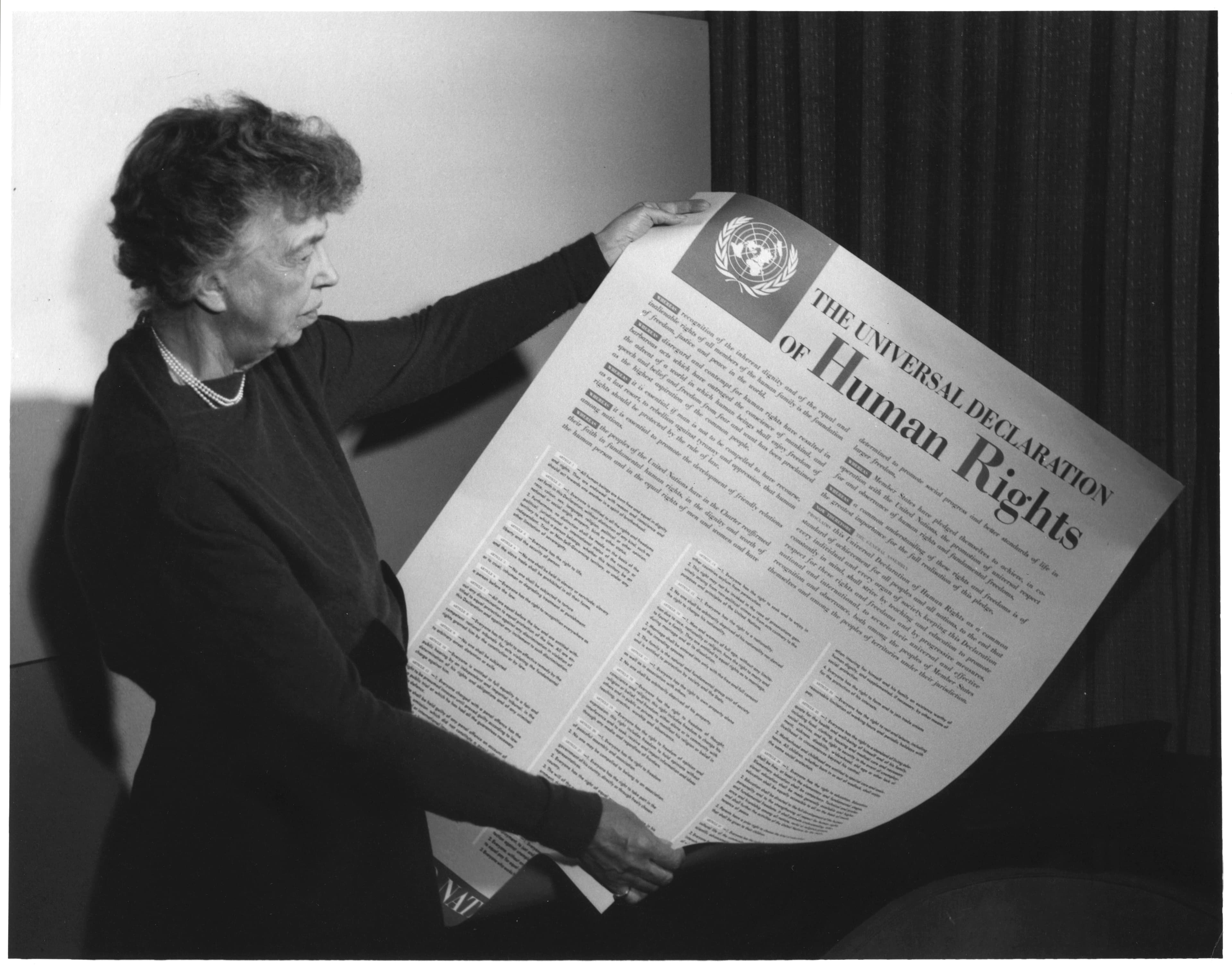Free Speech

Freedom of speech is a principle that supports the freedom of an individual or a community to articulate their opinions and ideas without fear of retaliation, censorship, or legal sanction. The right to freedom of expression has been recognised as a human right in the Universal Declaration of Human Rights (UDHR) and international human rights law. Many countries have constitutional laws that protect freedom of speech. Terms such as free speech, freedom of speech, and freedom of expression are often used interchangeably in political discourse. However, in legal contexts, freedom of expression more broadly encompasses the right to seek, receive, and impart information or ideas, regardless of the medium used.
- Banksy 'judge' mural scrubbed from Royal Courts of Justice wall
- China sees resurgence in psychiatric care for ‘trouble-makers’
- Samuel Paty: Trial begins over beheading of teacher who showed Prophet Muhammed cartoon
- X braced for Brazil ban as judge's deadline passes
- Julian Assange: Wikileaks founder can challenge US extradition
- Al Jazeera office raided as Israel takes channel off air
- Graham Linehan: Father Ted writer holds gig at Scottish Parliament - BBC Ne
- Ukraine war: Oleg Orlov faces jail time for criticising Putin's war - BBC N
- Salman Rushdie warns free expression is under threat - BBC News
- The web firm that wants to stop you getting 'cancelled' - BBC News
- Twitter ends Covid misinformation policy under Musk - BBC News
- The battle over banning books in US schools - BBC News
- Should bad science be censored on social media? - BBC News
- (5) In full: Rowan Atkinson on free speech - YouTube
- Viewpoint: The roots of the battle for free speech - BBC News
ENGLISH COLLECTIONOCTOBER 20, 2018 AT 01:46:40 UTC